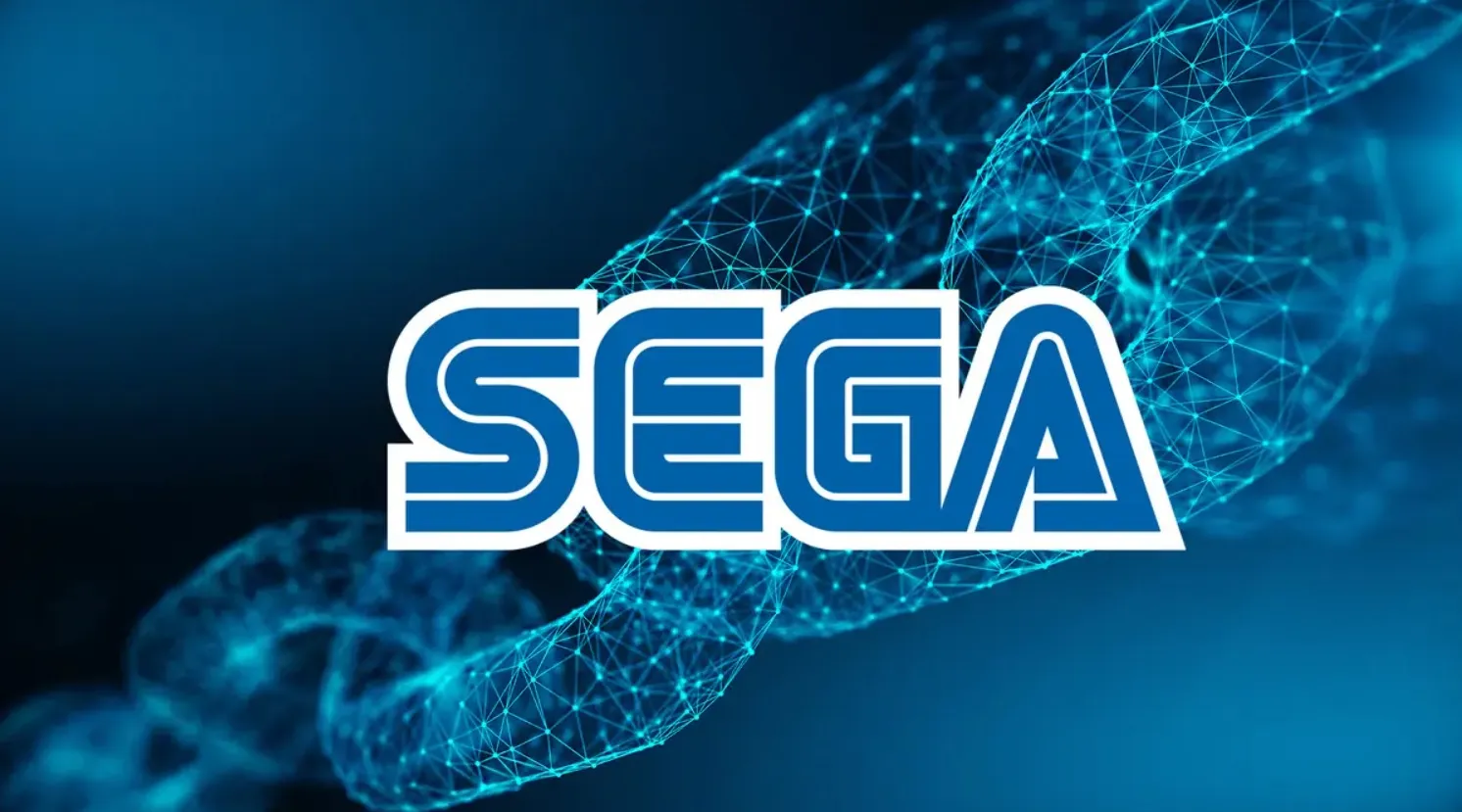- Sega abandons its blockchain initiatives in order to avoid a possible devaluation of its content and prioritizing the fun and quality of the game.
- While some criticize Sega’s decision as a missed opportunity to take advantage of blockchain technology in the video game industry, others praise the company’s stance on prioritizing fun and quality gameplay over potential financial gain, demonstrating its commitment. with players and creating memorable gaming experiences.
Sega’s strategic decision to abandon blockchain initiatives in games. The video game industry has experienced exponential growth in recent years, driven by technological advances and new trends. One of the emerging trends that has caught the attention of gamers and developers is blockchain technology. However, gaming veteran Sega has surprised the community by announcing its strategic withdrawal from blockchain initiatives, with the aim of avoiding a possible devaluation of its content.
Blockchain games and the concept of “Play-to-Earn”
Before we get into Sega’s decision, it is important to understand what blockchain games are and the concept of “Play-to-Earn”.
Blockchain games use distributed ledger technology to enable ownership and trading of digital assets within the game. This means that players can own unique assets, such as characters, items, or tokens, and have the ability to trade them with other players in a decentralized way.
The idea of “Play-to-Earn” is derived from this technology and refers to the ability for players to earn real rewards, such as cryptocurrency, by playing and progressing in a game. This has piqued the interest of many gamers who are looking for a way to monetize their time and effort invested in video games.
Sega’s position: Prioritizing the fun and quality of the game
Sega, known for its iconic titles like Sonic and Virtua Fighter, has decided not to incorporate blockchain or cryptography into its products anytime soon, according to co-chief operating officer Shuji Utsumi. Furthermore, the company has suspended plans to develop blockchain-based games.
The main reason behind this decision is Sega’s concern for the player experience. Utsumi noted that the action in “Play-to-Earn” games can be boring if the games themselves aren’t fun. Instead of focusing on the potential financial gain that blockchain technology could offer, Sega has decided to prioritize the fun and quality of the game.
Although Sega had previously explored the use of blockchain in its games and franchises, even registering the “Sega NFT” trademark in Japan in December 2021, the company is now taking a more cautious stance. It is waiting to see if blockchain products will really take off in the gaming industry before taking any further steps.
Is Sega’s decision correct?
Sega’s decision to strategically withdraw from blockchain initiatives in games raises an interesting debate in the industry. Some might argue that the company is missing out on a potentially lucrative opportunity by not taking full advantage of blockchain technology. However, blockchain gaming advocates argue that this technology has the potential to revolutionize the industry by bringing new ways of owning and trading digital assets, as well as economic opportunities for gamers.
On the other hand, Sega has taken a bold stance by prioritizing the fun and quality of gameplay over potential financial gain. This decision shows the company’s commitment to its players and creating memorable gaming experiences. Sega understands that ultimately a successful game is based on the satisfaction and entertainment of its users. And you do you think?

